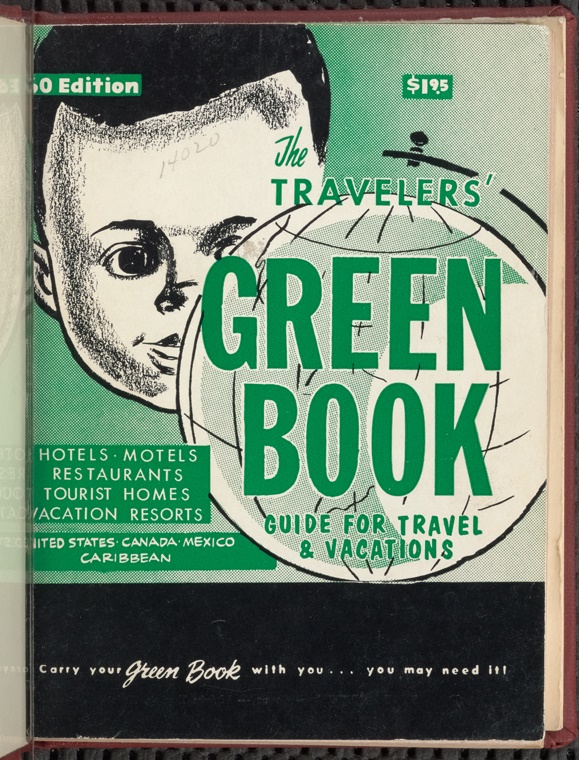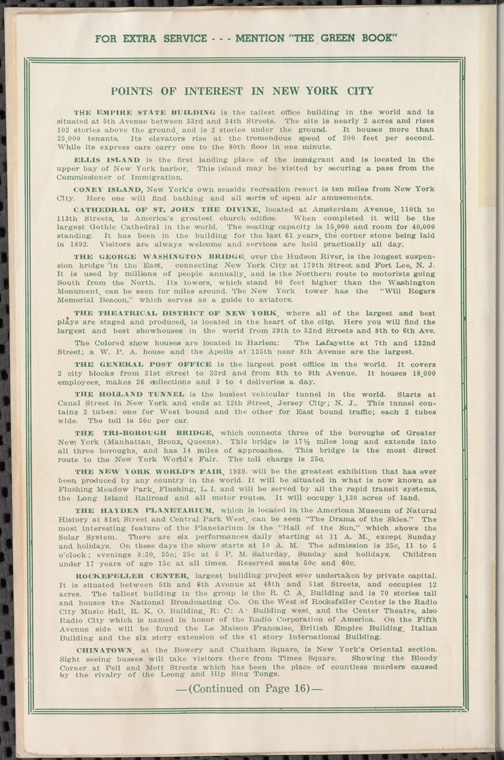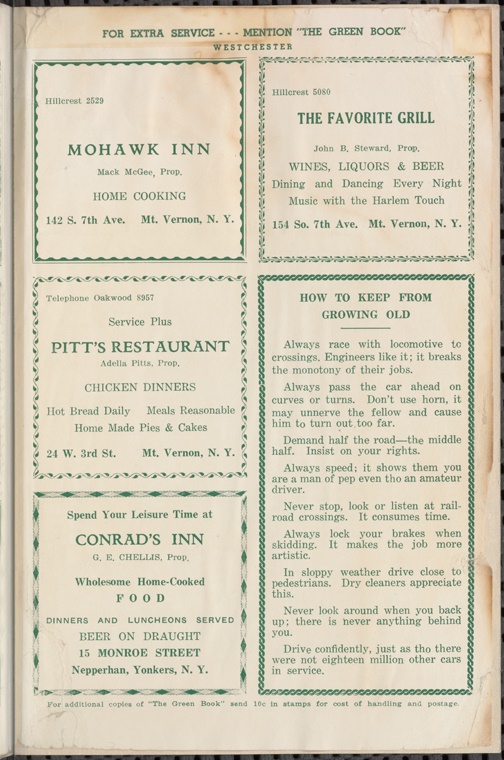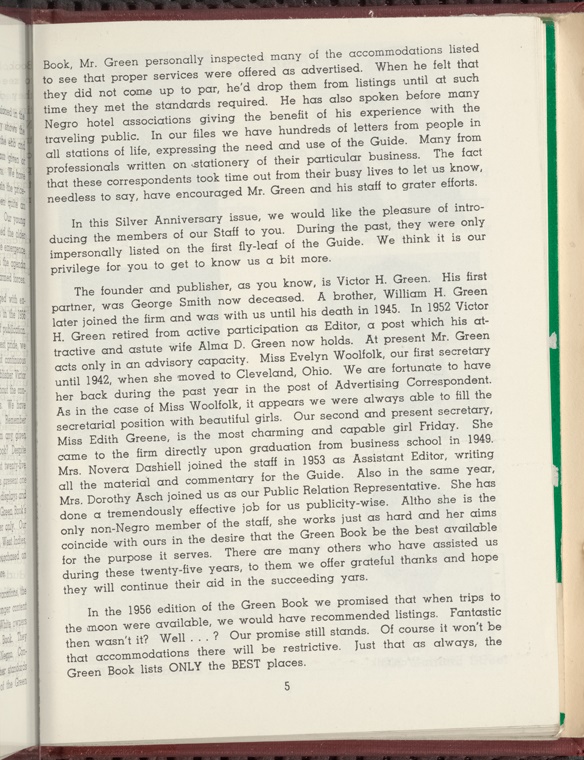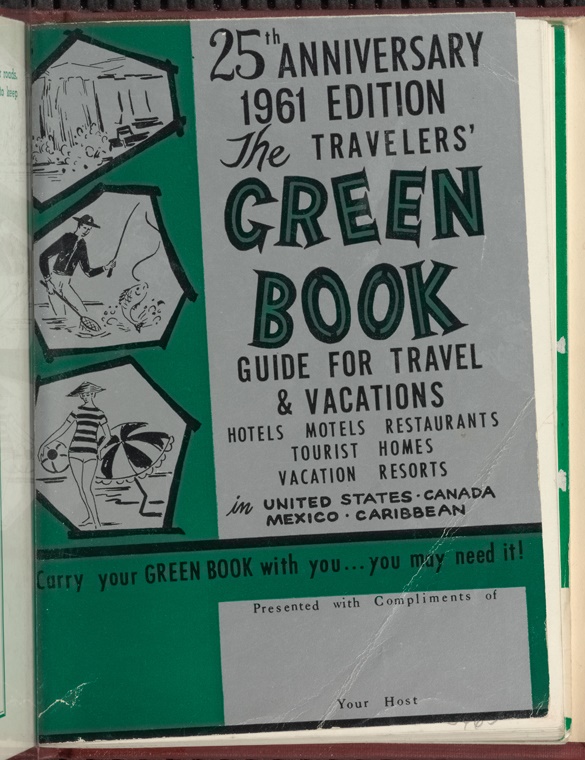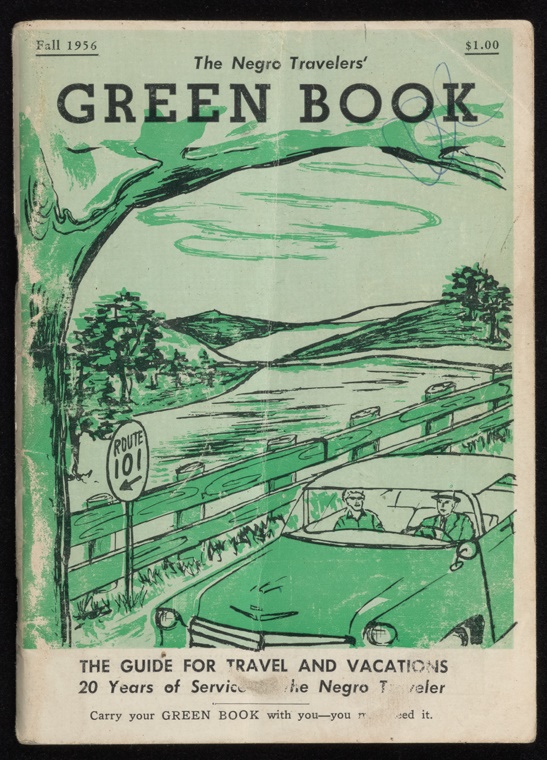Where did modern electronic music come from? Whatever the genre markers—EDM, house, glitch, dubstep, ambient—any discussion of the history will inevitably pay homage to a few founding names: Brian Eno, Kraftwerk, Afrika Bambaataa, synthesizer inventor Robert Moog, Daft Punk’s personal hero Giorgio Moroder, superstar DJs Larry Levan and Frankie Knuckles… the list could go on. In most mainstream discussions, it will often leave out the name Karlheinz Stockhausen. And yet, though he decidedly did not make dance music, no history of electronica writ large is complete without him, something filmmaker Iara Lee recognized when she featured him prominently in her 1999 electronica documentary Modulations.
In an introduction to Lee’s transcribed interview with Stockhausen, James Wesley Johnson describes the experimental German electronic composer and theorist as “his own best spokesman,” for the way he “describes the theoretical underpinnings of his work with a simple clarity which belies its complexity.”
Trying to describe Stockhausen’s work proves difficult, since “he’s always experimenting.” Anyone who thinks they “ ‘know’ what to expect from him,” Johnson remarks, is “destined to be surprised by further mutations.”
Stockhausen, who died in 2007, began his career as a student in the 1950s, studying under influential French composer Olivier Messiaen while developing his own concept of musical spatialization. Throughout the fifties and sixties, he pioneered live performance and recorded compositions with tape recorders, microphones, ring modulators, Hammond Organ, and other analog electronic devices, along with traditional instruments, voice, and musique concrete techniques.
Stockhausen combined—writes Ed Chang at the Stockhausen blog Sounds in Space—the results of his experimentation with the “harmonically-liberating methods of the 2nd Viennese School (basically Arnold Schönberg, Alban Berg and Anton Webern, who explored the chromatic scale through the use of unique ordered tone rows and intervals).” This fusion gave rise to the lecture at the top of the post, delivered at the Oxford Union in England on May 6th, 1972, in which Stockhausen lays out his “Four Criteria of Electronic Music.” They are as follows:
- Unified Time Structuring
- Splitting of the Sound
- Multi-Layered Spatial Composition
- Equality of Sound and Noise
Chang provides a detailed, technical summary of each point. Much more entertaining, however, is watching the eccentric and enthusiastic Stockhausen elaborate his theory. “One might ask,” he says at the opening of his lecture, “why are [the four criteria] interesting, as there is electronic music, and everybody can make up his mind about what to think about this music?” His answer is classic Stockhausen—cryptic, elliptical, intriguingly vague yet self-assured:
New means change the method; new methods change the experience, and new experiences change man. Whenever we hear the sounds we are changed: we are no longer the same after hearing certain sounds, and this is the more the case when we hear organized sounds, sounds organized by another human being: music.
Thus he launches into his fascinating—if not always fully comprehensible—theory of music as “organized sound,” with animated gestures and several examples from his own composition from the late 50s, Kontakte, which you can hear above. “Four Criteria of Electronic Music” is the fifth in a long series of lectures Stockhausen delivered in London that year. If you have any interest in music theory, avant-garde composition, or in how electronic music—and hence how our world—came to sound the way it does, you should not miss these. You can watch them all on Youtube (or below) or at Ubuweb. If you cannot sit in front of the screen and watch Stockhausen’s strangely compelling delivery, you can also download a PDF of a published version of “Four Criteria of Electronic Music” at Monoskop.
Related Content:
The Fascinating Story of How Delia Derbyshire Created the Original Doctor Who Theme
Hear Seven Hours of Women Making Electronic Music (1938- 2014)
Josh Jones is a writer and musician based in Durham, NC. Follow him at @jdmagness
